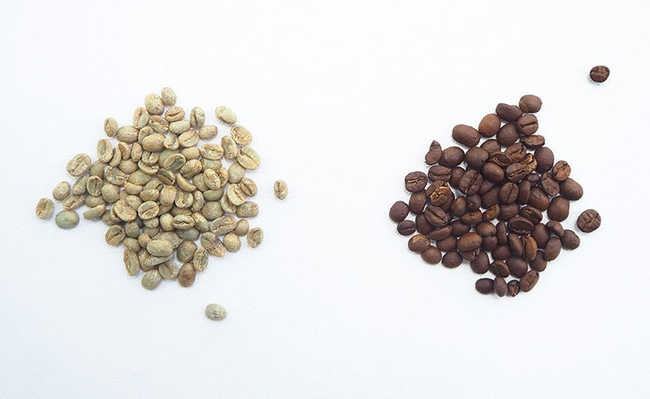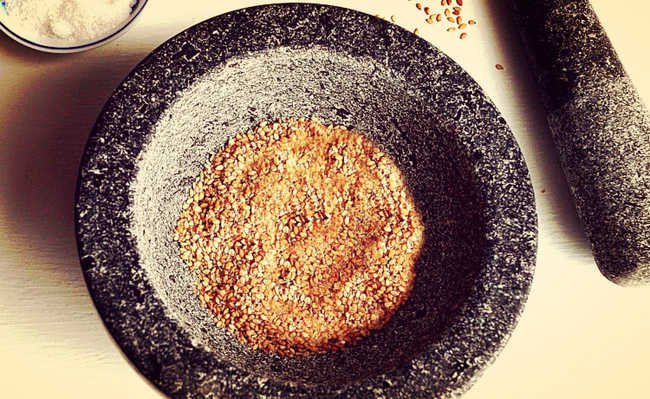Antibacterial soap: health hazard
Understand the reasons that make antibacterial soap a risk

Rawpixel resized image is available on Unsplash
The performance of personal hygiene habits is pleasurable after a strenuous day, because in addition to the refreshing and relaxing feeling, we start to feel clean. Taking advantage of this need, the pharmaceutical industry manufactures and markets tons of personal care products. Of all, perhaps the most popular is the antibacterial soap (learn more in the article "What constitutes soap?"). Used to clean the body and hands, it is one of the most common cosmetic products in the world.
In Brazil, the habit of washing hands with antibacterial soap is very popular, to the point that we are considered the country where the inhabitants wash their hands the most in the world - a large percentage of Brazilians wash their hands more than five times a day. This fact helps in the low occurrence of flu and diarrhea caused by microorganisms.
However, from this healthy attitude, a product has shown itself to be strong in the market and can be dangerous. It is an antibacterial soap, which contains triclosan, disodium EDTA, etidronic acid, ethyl alcohol, among other substances.
- Disinfecting the house: what are the limits?
What is the problem with antibacterial soap?
Advertisements show antibacterial soap as extremely effective, but it is not risk free. As bactericidal products do not discriminate which types of bacteria will be eliminated, they kill all types of bacteria on the skin - harmful and beneficial. When beneficial and non-pathological bacteria are almost completely eliminated, our body reduces its ability to differentiate between harmful and non-harmful bacteria - in this way, any micro-organism that comes into contact with the skin will require the body's redoubled effort in combat, and under the Effect of indiscriminate (and often unnecessarily) use of antibacterial soap, harmful bacteria can become more resistant (due to rapid natural selection).
When used frequently during childhood, antibacterial soap can lead to health problems. According to hygiene theory, the lack of contact with pathogens during childhood is related to the development of allergic diseases. The lack of coexistence with non-aggressive microorganisms in the early stages of development leads to an imbalance in the immune system, generating exaggerated immune responses to foreign substances throughout life.
- Hygiene theory: when cleaning is no longer synonymous with health
As bacteria have a very fast reproduction cycle, it is possible that some of them resist the bactericidal effects and reproduce already with the new characteristics - rendering the effect of antibiotic drugs unusable and developing diseases that are more difficult to be cured. This is because most soaps that are antibacterial contain the substance triclosan (see more in the article "Triclosan: undesirable omnipresence").
Solution
- Washing hands is essential for health
For hand hygiene, the use of common soap has proven to be very effective in everyone's daily lives. This simple habit allows for the prevention of many everyday illnesses and ills.










